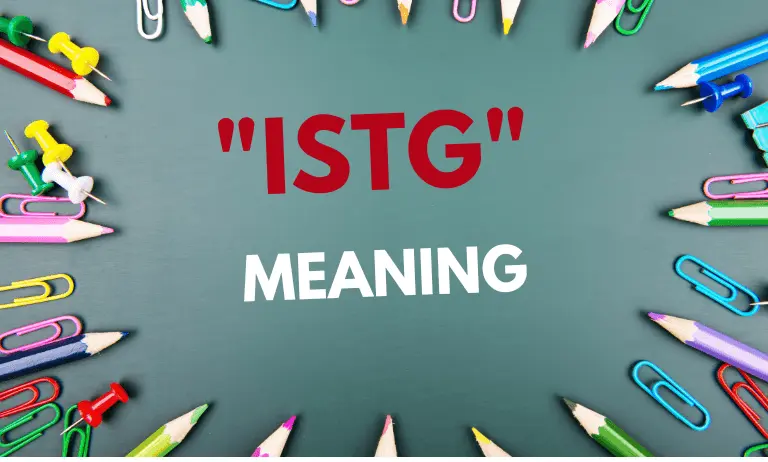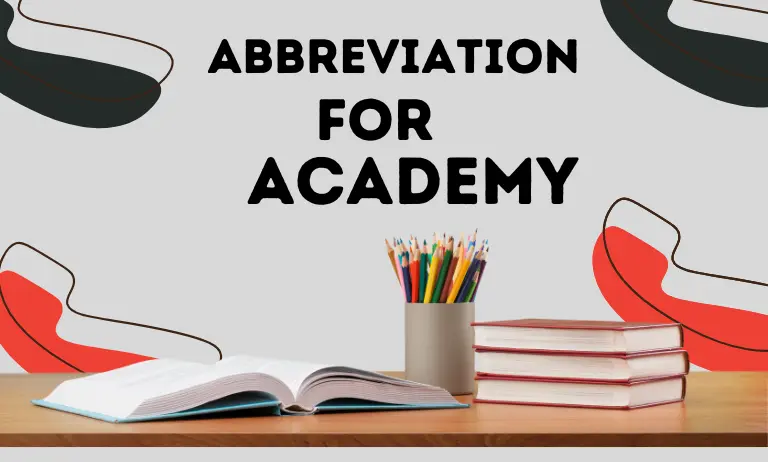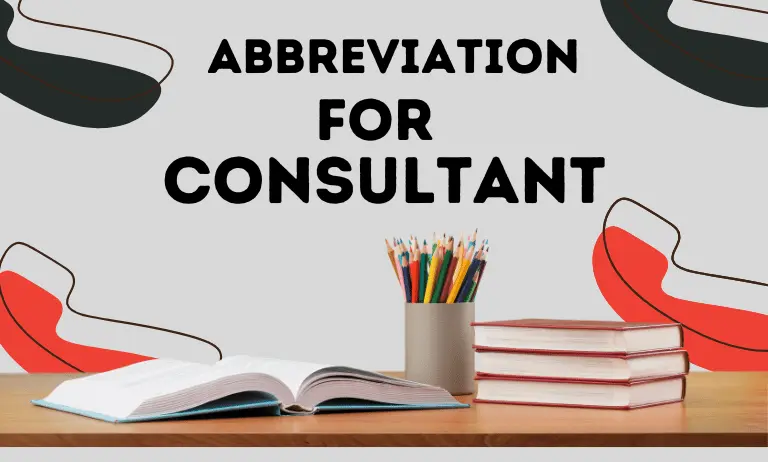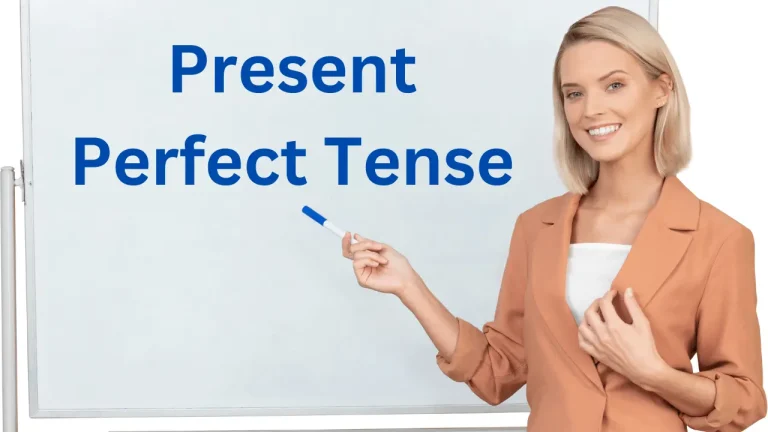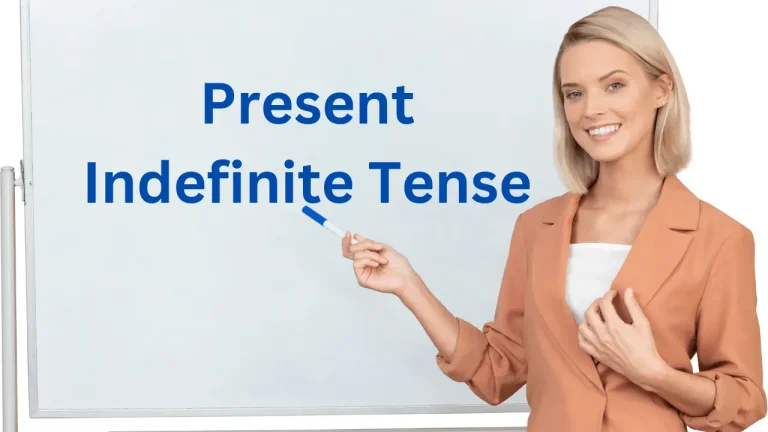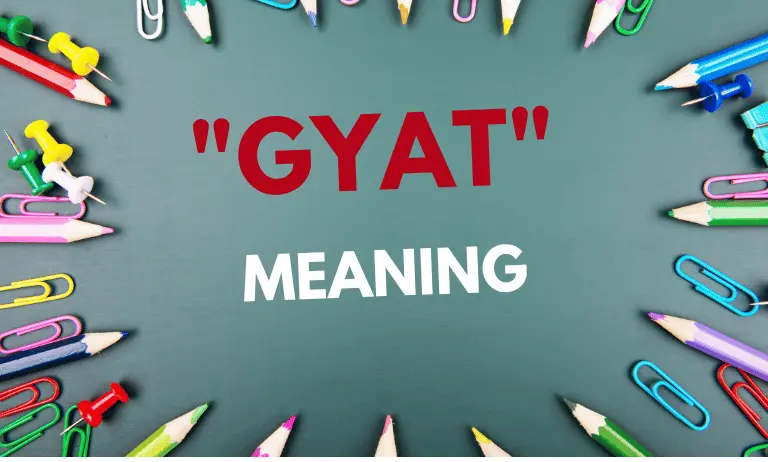Future Tense & How to Use It, With Example

Future Tense With Detail Explanation, Rules In the Form of Flow Chart
Sometimes, people want to do many things and get a lot of achievements in the future. That’s why, everybody should have the knowledge of future tense, so that they talk about their future with relatives, friends, and family members to gain their trust on himself. Moreover, this article will help you with what you need to know about future tense & its sub-categories, its meaning, definition, rules, and types. Let’s start the journey to getting a lot of knowledge about the future world.
What is Future Tense?
The ‘future tense’ form of any verb refers to the conjugation of the verb to represent an action that is going to happen in the future or will be continuing in the future. Also, future tense has 4 sub-categories such as “indefinite, continuous/progressive, perfect, and perfect continuous/progressive” which are demonstrated below with detailed explanation, and each has a separate example sentence.
Sub-categories
This tense has been divided into 4 sub-categories, which depending on whether the action is in progress or completed or will happened (called the aspect of a verb). These’re:
Flow Chart of 4 Future Tenses Sub-categories
| Sub-categories | Name Of Present Tense |
|---|---|
| 1. Indefinite Tense | Future Indefinite Tense |
| 2. Continuous/Progressive Tense | Future Continuous/progressive Tense |
| 3. Perfect Tense | Future Perfect Tense |
| 4. Perfect Continuous/Progressive Tense | Future Perfect Continuous/progressive Tense |
Now, let’s start to discuss details these sub-categories:
1. Future Indefinite Tense
The future indefinite tense is used to denote an action that will happen in the future.
Note: In this tense, we use helping verbs (Shall, Will) and 1st form verbs.
- Shall: We use it with (I, We).
- Will: We use it with all types of subjects (He, She, It, They, You, singular name, plural name). On the other hand, we can say that it’s used with all types of subjects except (I, We).
- When the emphasis is on any sentence, this rule is alternative or changed. Means “will” used with “I, We” and “shall” is used with “They, She, He, It, You, Singular name, and Plural names”.
Use in Sentence:
2. Future Continuous/progressive Tense
The future continuous/progressive tense is used to indicate an action that will be taking place in the future.
Note: In this tense, we use helping verbs (Will be, Shall be) and 1st form verbs with ing.
- Shall be: We use it with (I, We).
- Will be: We use it with all types of subjects (He, She, It, They, You, singular name, plural name). On the other hand, we can say that it’s used with all types of subjects except (I, We).
Use in Sentence:
3. Future Perfect Tense
The future perfect tense is used to represent an action that starts in the present and will happen in the future.
Note: In this tense, we use helping verbs (Will have, Shall have), and usually use 3rd form verbs.
- Shall have: We use it with (I, We).
- Will have: We use it with all types of subjects (He, She, It, They, You, singular name, plural name). On the other hand, we can say that it’s used with all types of subjects except (I, We).
Use in Sentence:
4. Future Perfect Continuous/progressive Tense
The future perfect continuous/progressive tense is used to depict an action that is happening in the present and will complete at some point in the future.
Note: In this tense, we use helping verbs (Shall have been, Will have been), and usually use 1st form verbs with ing, and since/for.
- Shall have been: We use it with (I, We).
- Will have been: We use it with all types of subjects (He, She, It, They, You, singular name, plural name). On the other hand, we can say that it’s used with all types of subjects except (I, We).
- Since: We use it, if we know the exact time.
- For: We use it, if we don’t know the exact time.
Use in Sentence:
Structure or Rules of Future Tense
Do you prey confused about the structure of 4 future tenses? So, to understand the structure, look at the following table.
| Name of Tense | Making Sentence Rule | Example Sentence |
|---|---|---|
| Future Indefinite Tense | Subject + Helping Verb (Shall, Will) + 1st form of verb + object. | She will accept his proposal. |
| Future Continuous/progressive Tense | Subject + Helping Verb(Will be, Shall be) + 1st form of verb+ing + object. | The price of ghee will be going up. |
| Future Perfect Tense | Subject + Helping Verb (Will have, Shall have) + 3rd form of verb + object. | You will have tried to win the prize. |
| Future Perfect Continuous/progressive Tense | Subject + Helping Verb (Shall have been, Will have been) + 1st form of verb+ing + object + since/for + time. Note: Since: We use it, if we know the exact time. For: We use it, if we don’t know the exact time. | I shall have been learning the poem by heart for 2 hours. Note: We use “for” before “2 hours” because we don’t know whose 2 hours, means these hours are of day or night. |
FAQs
Conclusion
We tried our best to give you the best knowledge about future life. Furthermore, this article will give you all the necessary information you need to know about the future tense, its meaning, definition, structure and types, along with examples to help you understand well and use the tense confidently and accurately.
Also, if you’ve faced any confusion while reading this article, you can contact us through the comment box. We’ll try our best to overcome your confusion in a short interval of time, so that you may understand them better. Also, thanks a lot from the depth of the heart for reading this article.
